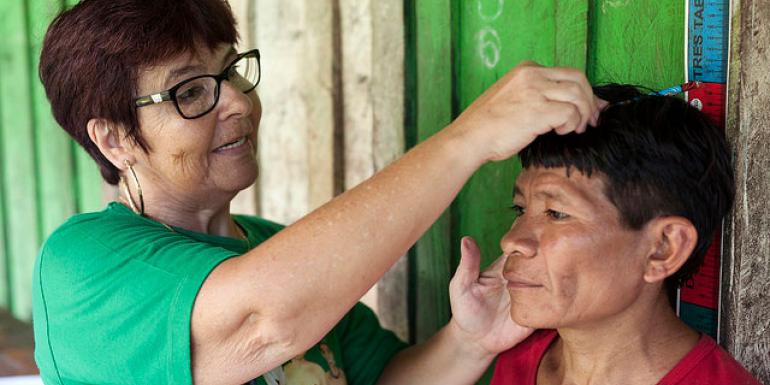
Forty years ago, the World Health Organization member countries agreed on a set of principles at Alma-Ata to protect and promote health of all people by articulating primary health care as the guiding principle of a comprehensive health system. Since the declaration of Alma-Ata in 1978, countries of the Americas have been witnessing tremendous progress, economic growth, and improvements to their health systems. Nevertheless, many challenges remain in the Region, including poverty and inequities, barriers to access health, inefficient models of care, segmentation of health systems, fragmentation of services, insufficient health financing, and weak governance and leadership.
This special issue of the Pan American Journal of Public Health, timed to commemorate the 40th anniversary of Alma-Ata, showcases innovative paths that Brazil has been taking to advance primary health care, strengthen its health system, improve the health and well-being of its populations, and address challenges and emerging trends in the Americas.
Interested readers are invited to browse a special issue on primary health care in the Region of the Americas. Access all 22 manuscripts here
Download the complete supplement (manuscripts in the original language only): https://doi.org/10.26633/RPSP.2018.210
